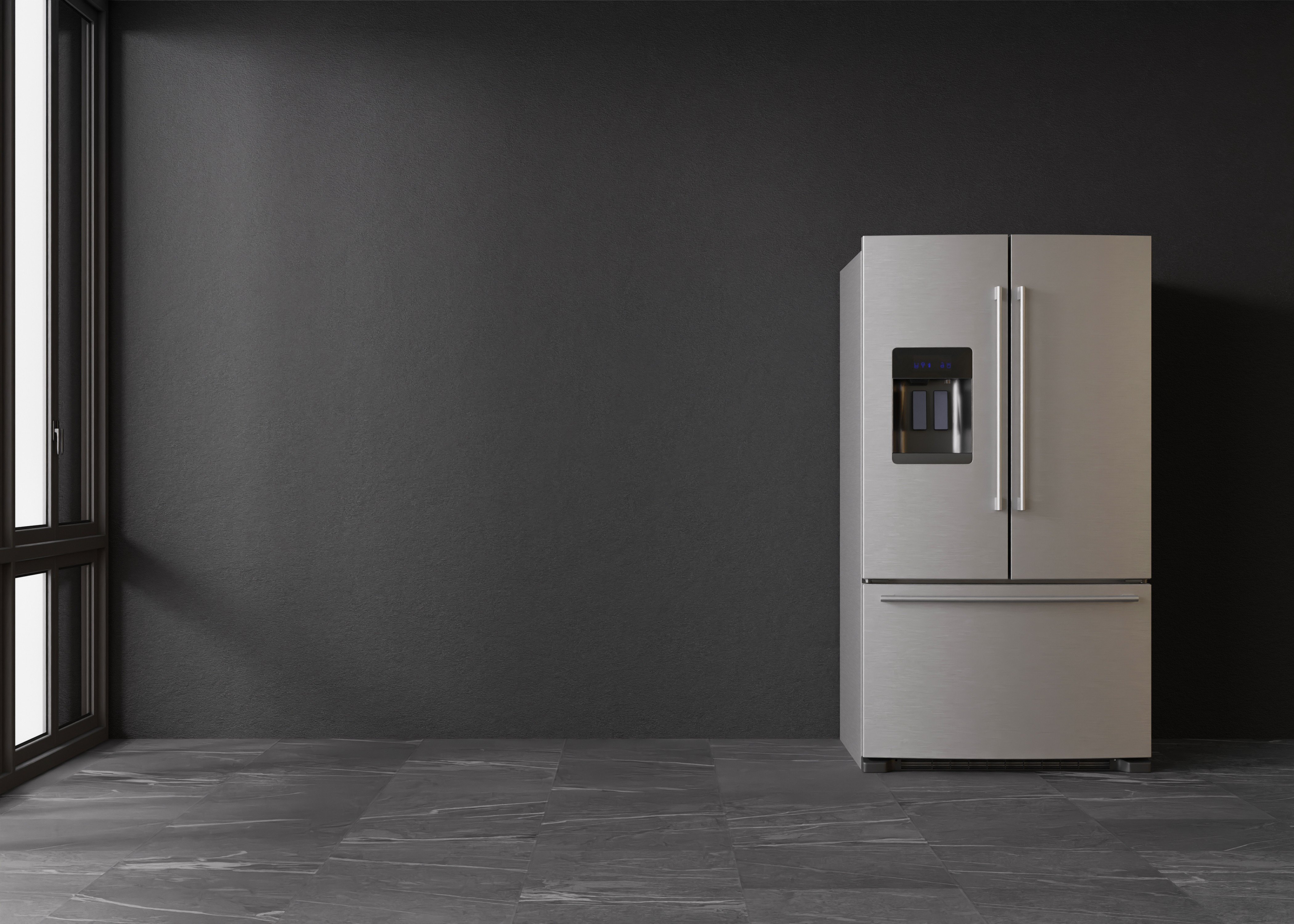Buy A Fridge The Process Isn't As Hard As You Think

Where to Buy a Fridge: A Comprehensive Guide
Getting a refrigerator is a substantial choice due to its role as one of the most essential appliances in the home. Refrigerators come in numerous sizes, styles, and cost ranges, making the buying process possibly overwhelming. Nevertheless, understanding where and how to buy a fridge can simplify this procedure. This article intends to check out various avenues for buying a refrigerator, key factors to consider, and frequently asked questions to assist customers make informed choices.
Where to Buy a Fridge
When it concerns shopping for a refrigerator, consumers have several options. Each opportunity provides its own pros and cons, and understanding these can assist purchasers select the very best fit for their needs.
1. Brick-and-Mortar Retailers
Traditional device shops and big-box retailers continue to be popular locations for refrigerator shopping. These locations include:
- Home improvement stores (e.g., Home Depot, Lowe's)
- Electronics stores (e.g., Best Buy)
- Specialty device retailers
Pros:
- Hands-On Experience: Customers can see, touch, and examine the fridge.
- Immediate Availability: Many shops offer same-day shipment services.
- Sales Assistance: Trained sales personnel can supply skilled advice.
Cons:
- Higher Prices: Retail costs can be steeper compared to online options.
- Restricted Inventory: Smaller shops might not carry comprehensive choices.
2. Online Retailers
The internet has actually reinvented the way people shop, consisting of for home appliances. Popular online options consist of:
- E-commerce giants (e.g., Amazon, Walmart)
- Manufacturer sites (e.g., Samsung, LG)
Pros:
- Wider Selection: Online shops often have a more comprehensive inventory compared to brick-and-mortar places.
- Convenience: Shopping can be done from the convenience of home at any time.
- Price Comparisons: Easily compare rates across various platforms.
Cons:
- Shipping Costs: Delivery charges can contribute to the overall price.
- No Immediate Gratification: Customers need to await delivery.
- Absence of Personal Interaction: No chance to ask direct concerns.
3. Warehouse Clubs
Membership-based wholesale sellers, like Costco and Sam's Club, offer fridges at competitive rates.
Pros:
- Bulk Discounts: Membership typically permits for savings on larger purchases.
- Top quality: These stores maintain high requirements for the brand names they carry.
Cons:
- Membership Fee: A membership is needed to shop there.
- Minimal Choices: The stock may not include all brands or designs.
4. Regional Classifieds and Marketplaces
Platforms like Craigslist, Facebook Marketplace, and OfferUp enable individuals to buy used or new fridges from regional sellers.
Pros:
- Lower Prices: Often more affordable than retail, particularly for utilized items.
- Regional Transactions: Easy to see and pick up appliances.
Cons:
- Risk of Quality Issues: Used models can feature surprise problems.
- No Return Policy: Typically, sales are last, with no warranty or assurance.
Table of Fridge Types and Features
| Fridge Type | Best For | Secret Features |
|---|---|---|
| Top Freezer | Budget-conscious buyers | Traditional style, affordable |
| Bottom Freezer | Easy access to fresh food | Ergonomic style |
| Side-by-Side | Families with minimal area | Ample storage and availability |
| French Door | Gourmet cooks | Design, area, advanced functions |
| Compact | Little spaces like apartments | Space-saving style |
Secret Considerations When Buying a Fridge
As consumers contemplate where to buy a fridge, numerous factors to consider can direct their decision-making procedure:
Size and Fitting
- Step the Space: Ensure the fridge fits within designated kitchen area space.
- Door Swing: Account for door clearance and swing radius.
Energy Efficiency
- Look for Energy Star Ratings: This makes sure lower electrical energy costs.
- Understand the Long-Term Savings: Energy-efficient designs might have higher upfront costs but lower operating costs.
Design and Design
- Select a Style: Select ideal styles such as conventional or modern according to your kitchen area visual appeals.
- Finish Options: Stainless steel, black, and white surfaces can affect the general appearance.
Cost Considerations
- Set a Budget: Determine a costs variety before shopping.
- Look for Discounts: Seasonal sales periods often provide savings.
Service warranty and Support
- Maker's Warranty: Understand what is covered and for the length of time.
- Client Service: Check ratings for manufacturer support services.
Regularly Asked Questions (FAQs)
Q: What is the most energy-efficient refrigerator brand?
A: Brands such as Energy Star, LG, and Samsung are extensively acknowledged for their energy performance.
Q: Is it worth buying an utilized refrigerator?
A: It can be, particularly if you are on a tight budget. Nevertheless, ensure Fridges inspect the home appliance thoroughly for any existing issues.
Q: What is the typical lifespan of a refrigerator?
A: Most refrigerators last between 10 to 20 years, depending upon usage and maintenance.
Q: Should I buy a refrigerator online or in-store?
A: This depends on individual preference. Online shopping uses benefit and selection, while in-store supplies hands-on experience and immediate buying choices.
Q: What includes should I try to find in a refrigerator?
A: Key features to consider include adjustable shelving, ice and water dispensers, noise level, and wise innovation choices.
Looking for a refrigerator does not have to be a difficult task. With different acquiring options-- from brick-and-mortar shops to online sellers and classified ads-- customers can find the very best refrigerator that fits their requirements. By considering vital aspects such as size, energy efficiency, and style, prospective buyers are much better geared up to browse the buying process. Eventually, whether purchasing new or used, the goal stays the very same: to improve the kitchen area experience with a dependable home appliance that satisfies both practical requirements and personal choices.

